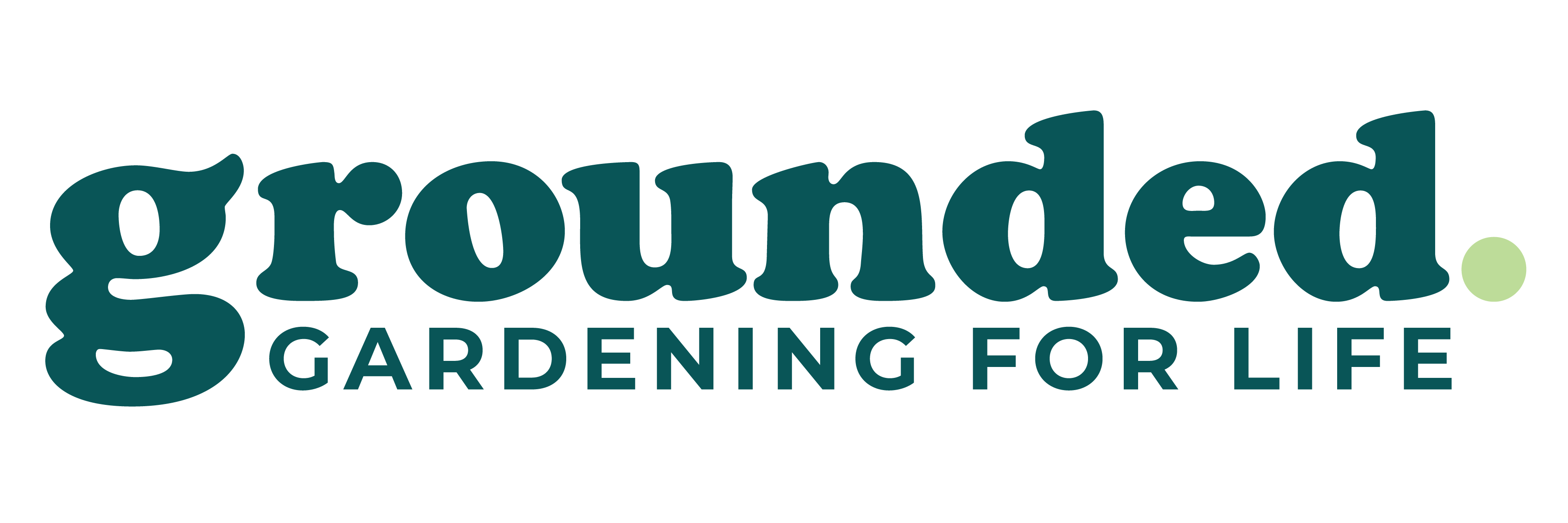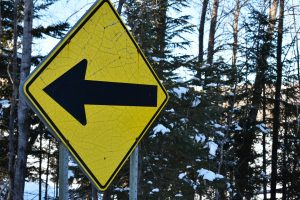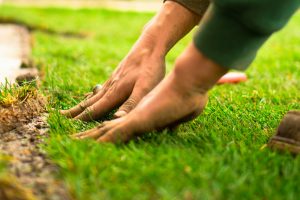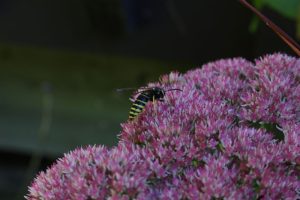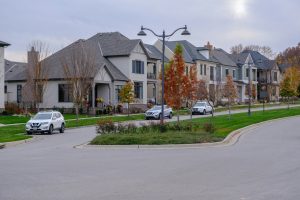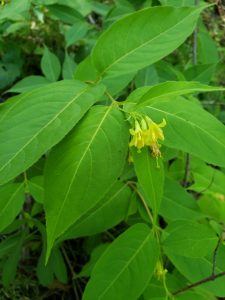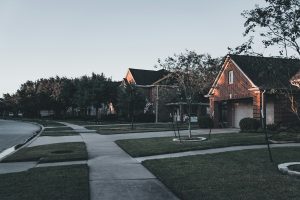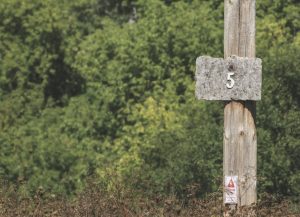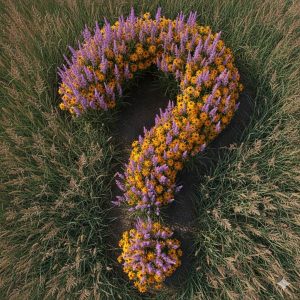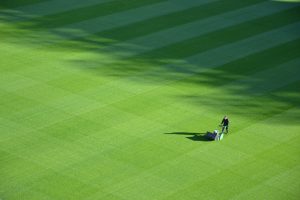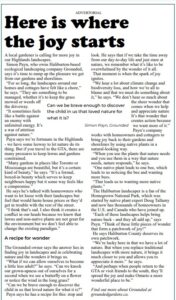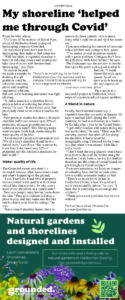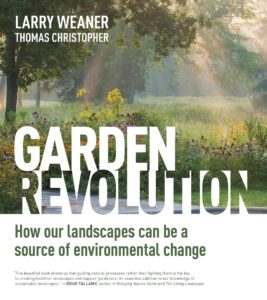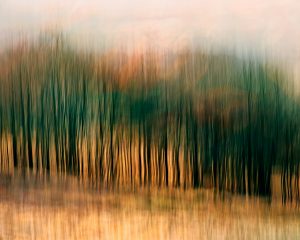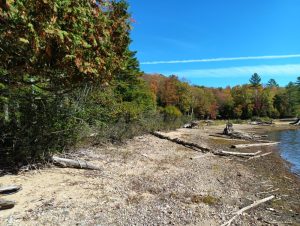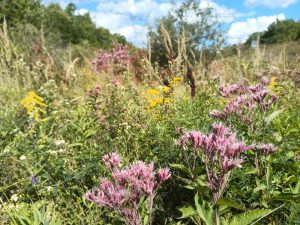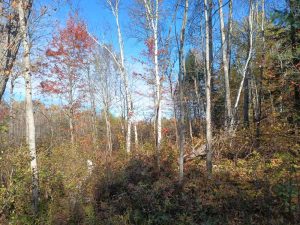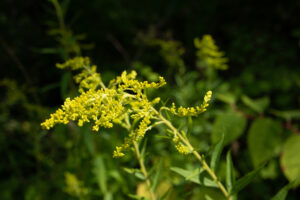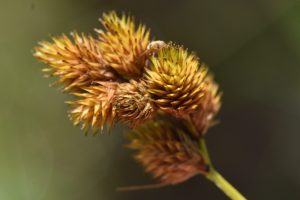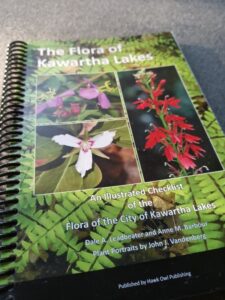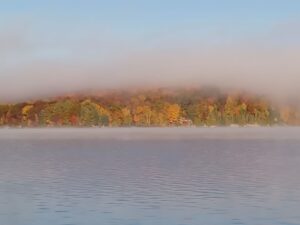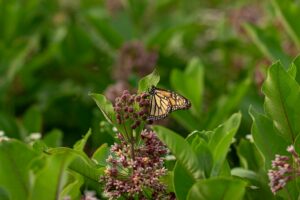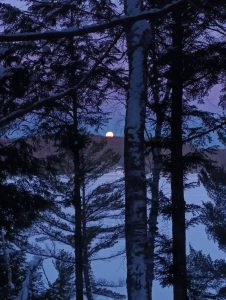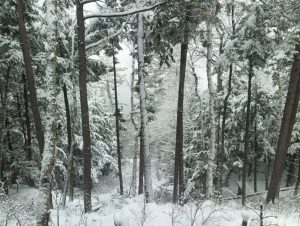Grounded Resources
Making Gardens
What direction is your land going in?
Before you decide what your cottage landscape should become, it helps to notice what it’s already becoming.
The Myth of Finished
“Finished” is a lie our landscaping culture keeps telling itself. And the pressure to get there is why your property feels like a chore instead of a place.
The dirty secret about poor soils
When the soil test comes back saying your soil is “poor,” you might feel like you’ve been handed a failing grade. Here’s why that might be the best news you’ll get all year.
Sunny landscapes that attract pollinators
If you’ve got a sunny site and you want to attract pollinators, follow this blueprint.
Professional Native Plant Landscaping for HOA Communities, Condominiums, and Happy Neighbours
How naturalistic native plant landscaping can meet the needs of condominiums, homeowner associations – and neighbours.
How native shrubs create living landscapes
Perennials get all the attention, but native shrubs are the workhorses, providing structure, creating habitat and solving problems.
Why texture is key to a shaded garden
A look inside a new project where texture and form create interest and beauty in a shaded site.
What’s Stopping Us Using Native Plants?
Why it’s often hard to use native plants – and how Grounded is making it easier.
Transforming your landscape bit by bit
How traditional landscape maintenance services could have an ecological twist as you slowly transform your property.
How to design natural gardens with a more formal look
How to bridge the gap between formal, traditional landscaping and naturalistic designs using native plants.
Growing a Green Renaissance
Biggest Haliburton Natural Garden Questions Answered
I was interviewed by Canoe FM for a new show that will be launched in January 2026. Here are my answers.
Trapped on society’s mowercoaster ride: why lawns are an invisible cage
If we don’t have a neatly trimmed lawn, we can feel like we don’t fit in. How can we break free of this invisible cage?
Shifting Baselines: The Legacy We Leave
We’ve forgotten how much nature we’ve lost. Now ‘lake legacy leaders’ are bringing it back and leaving something for our children.
How to Create a Landscape that Belongs Here
To make your home truly belong in its surroundings, the finishing touch comes from thoughtful planting choices, creating a natural connection to the local environment.
Transform your shoreline, transform your legacy
Natural shorelines increase property value, protect water quality, and create a meaningful legacy. The new standard in cottage ownership is working with nature.
In praise of more
The new method of landscaping is about having more nature. And that makes us happy.
Finding Joy in Nature and in Native Plants
Why finding the joy in nature is the key to developing interest in native plants. A local gardener is calling for more joy in our Highlands landscapes. Simon Payn, who owns Haliburton-based ecological landscaping company Grounded, says it’s time to ramp up the pleasure we get from our gardens and shorelines. “For so long, the…
My Haliburton Cottage Shoreline Helped Me Through Covid
Haliburton cottage shorelines do more than keep the lake healthy. The nature they attract keeps us feeling good too.
Gardening for the environment: ecological landscapes beautiful to us and nature
A look inside the book Garden Revolution, a beautiful inspiration for those of us who want to garden for the environment.
Bringing Back Biodiversity
Why cottage landscapes are all about edges
What if the defining feature of a Highlands landscape is the edge? We sit here in the Land Between, that biodiverse strip at the very south of the Canadian Shield. It’s one big edge where rock meets lowlands. Zoom in on our homes and cottages, and you see more edges. There’s the edge between the…
What the 30-metre shoreline buffer really means
The 30-metre shoreline buffer recommendation makes most cottage owners throw up their hands. Here’s where that number comes from – and what it actually means for your property.
On hydro, roads, beavers… and you
Not all disturbance is bad. Here’s what we can learn from hydro, roads… and beavers.
Why Succession is Key to Naturalistic Landscape Design in Haliburton County
“Arrested succession” is the secret to creating beautiful and biodiverse landscapes. It’s one of the most important things in my toolkit.
Goldenrod: The Myths and the Facts
Goldenrods face two cases of mistaken identity. Let’s clear up the mess and celebrate a valuable species.
Sedges for Haliburton, Muskoka and Kawartha Lakes
Sedges don’t get much glory. They’re everywhere in Haliburton, Muskoka and Kawartha Lakes but we seldom notice them. If we do notice them, we often confuse them with grasses. It’s time to shine a light on the genus Carex. Sedge Basics What Sedges Are The Morphology of Sedges Their Habitat and Distribution Their Ecological Importance…
Kawartha Lakes native plants: New guide gives detailed lists
The Flora of Kawartha Lakes, which lists plants native to the region, is also relevant to Haliburton County’s flora.
Haliburton Shoreline Naturalization: Better for the Lake, Better for You
An in-depth look at shoreline naturalization for Haliburton County cottages: why it’s important and how to do it.
It’s OK to mow in May − the best way to help pollinators is by adding native plants
If you are interested in supporting pollinators, it is important to consider the ecological context of your yard – and #NoMowMay may not be an effective strategy.
From Pollinators to Whole Ecosystems: Expanding Our Gardening Focus
In recent years, the surge in popularity of pollinator gardens has been a heartening development for environmental enthusiasts and gardeners alike. These gardens, teeming with bees, butterflies, and other pollinators, have become symbols of ecological awareness and conservation. Yet, as we delve deeper into the realms of sustainable gardening, a broader perspective emerges, one that considers not only pollinators but the entire ecosystem.
Newsletters
Get updates by email
Fill out the form to get updates about Grounded and The Garden at Lucas House.
